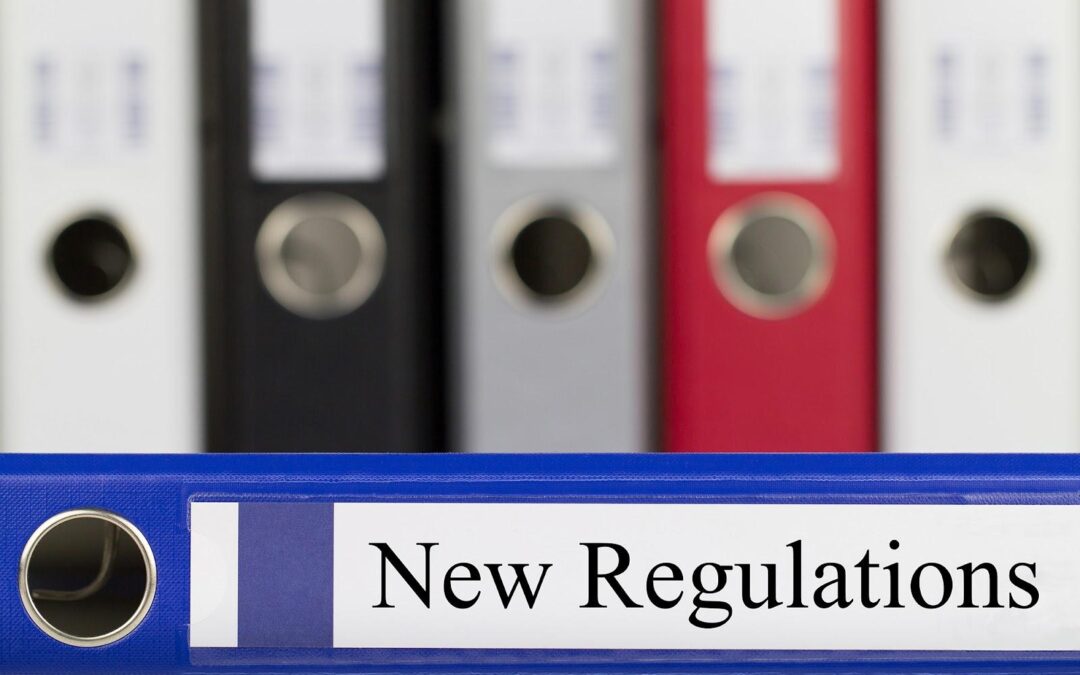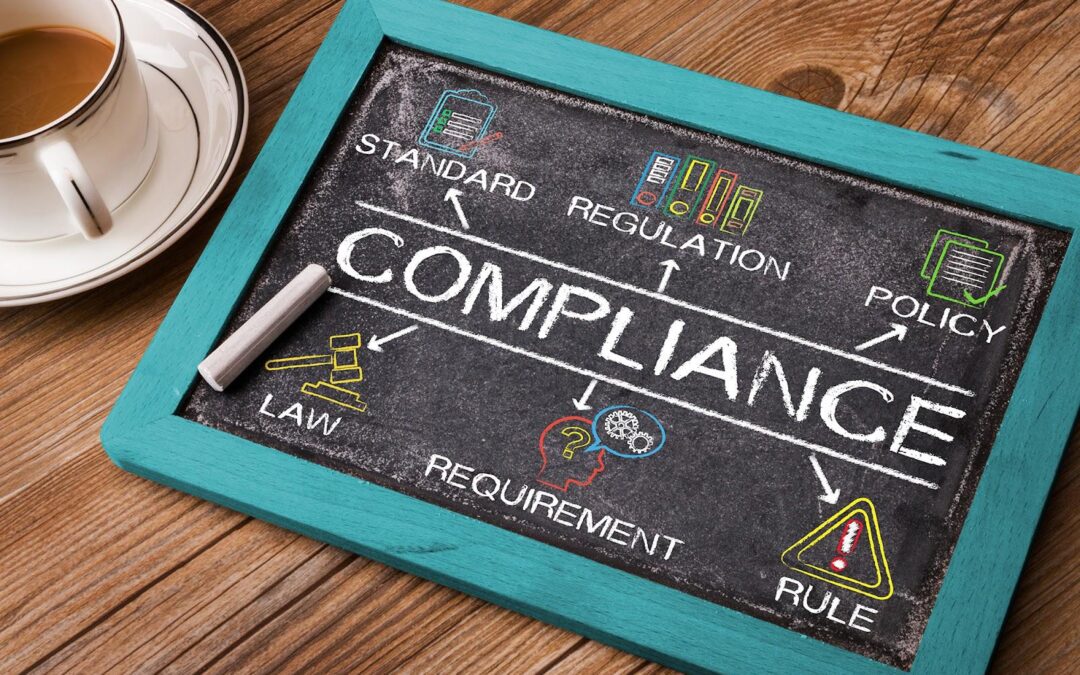
Homeowners associations must familiarize themselves with the BOI reporting rule. This rule was enacted on January 1, 2024, and places certain requirements on qualifying HOAs. Compliance is mandatory unless the HOA falls under one of the exemptions.
What is the BOI Reporting Rule?
The Beneficial Ownership Information reporting rule is part of the Corporate Transparency Act, enacted in 2021. This rule aims to promote transparency and accountability and fight illicit activities such as tax fraud and money laundering, among other things.
What is the new beneficial ownership rule for FinCEN?
The rule details the entities that must file a BOI report with the Financial Crimes Enforcement Network (FinCEN). It also describes what information entities must report and when they should report it. More specifically, reporting companies must file a BOI report containing information about the companies themselves, the beneficial owners of the companies, and the company applicants.
What is the CTA Reporting Rule?
The CTA reporting rule is another term for the BOI reporting rule. As previously explained, the CTA reporting rule covers what must be included in a BOI report, who must file this report, and when the deadline for reporting is.
What is the Purpose of BOI Reporting?
The FinCEN BOI reporting rule will improve the ability of FinCEN and other agencies to safeguard U.S. national security and the financial system by providing crucial information to national security, intelligence, law enforcement agencies, state, local, and Tribal officials, and financial institutions.
This information will help prevent drug traffickers, fraudsters, corrupt individuals such as oligarchs, and other criminals from laundering money or hiding assets in the United States. Criminals often use corporate structures like shell and front companies to hide their identities and illegally move money through the U.S.
These actions undermine national security and threaten economic prosperity by giving unfair advantages to those who don’t follow the rules. The rule will strengthen the U.S. financial system by making it more difficult for criminals to use shell companies for money laundering or hiding assets.
Enhancing National Security
The U.S. national security and financial systems are under direct threat from criminals and corrupt officials who misuse corporate entities, including shell and front companies. Recent geopolitical events highlight this.
For example, Russia’s illegal invasion of Ukraine in February 2022 highlighted how Russian elites, state-owned enterprises, organized crime, and proxies tried to use shell companies to evade sanctions. This rule will enhance U.S. national security by making it harder for criminals to exploit complex legal structures for money laundering, human and drug trafficking, tax fraud, and other serious crimes that harm American taxpayers.
Helping Small Businesses

The rule also seeks to minimize the burden on small businesses and other reporting companies. Millions of businesses are formed in the U.S. each year, playing a crucial economic role. Small businesses are particularly important, contributing significantly to economic activity, innovation, and job creation.
In 2021, small businesses created jobs at a record rate. For companies with simple management and ownership structures, which are expected to be the majority, the cost of preparing and submitting an initial beneficial ownership information (BOI) report is estimated to be around $85. In comparison, the state formation fee for creating a limited liability company (LLC) ranges from $40 to $500, depending on the state.
Exposing Criminals
In addition to helping law enforcement and other authorized users, collecting BOI will expose criminals who evade taxes, hide illegal wealth, defraud employees and customers, and harm honest U.S. businesses by misusing shell companies.
Do HOAs Have to Report Beneficial Ownership Under the Corporate Transparency Act (CTA)?
Most but not all HOAs will likely need to report beneficial ownership under the CTA. Homeowners associations created by filing a document with a Secretary of State or similar office must file a BOI report. An exception to this rule may be if the HOA is a section 501(c)(4) organization.
BOI Rules an HOA Must Know
Here is the basic information homeowners associations must know about the BOI reporting rule.
Reporting Companies
There are two types of reporting companies:
- Domestic. This covers corporations, limited liability companies (LLCs), or any entity created by filing a document with a Secretary of State or similar office under state or Indian tribe laws.
- Foreign. This covers corporations, limited liability companies (LLCs), or any entity created under a foreign country’s law registered to conduct business in any state or tribal jurisdiction by filing a document with a Secretary of State or similar office.
In line with this, FinCEN expects reporting companies also to cover limited liability partnerships, limited liability limited partnerships, business trusts, and most limited partnerships. Other legal entities and trusts may not fall under this definition because they do not file documents with a Secretary of State or similar office.
1. Beneficial Owners
A beneficial owner is an individual who, whether it is directly or indirectly, meets one of the following requirements:
- Holds substantial control over the reporting HOA
- Controls or owns at least 25 percent of the HOA’s ownership interests
FinCEN understands that there may be instances wherein no individual/s controls or owns at least 25 percent of the HOA’s ownership interests. However, FinCEN expects at least one individual to hold substantial control over the association.
An individual holds substantial control if the individual:
- Is a senior officer;
- Holds authority to appoint or remove certain officers or a majority of board directors;
- Is an important decision-maker; or
- Has any other form of substantial control over the association.
FinCEN structured beneficial owners in this way to fill in loopholes that permit the hiding of the identities of owners and decision-makers. This is key to unmasking anonymous shell companies.
The BOI reporting rule also provides guidelines and methods for a reporting company to deal with circumstances wherein ownership interests are held in a trust.
2. Company Applicants
According to the rule, a company applicant can only be two persons:
- The individual who directly files the document that creates or registers the company; and
- If more than one person filed the document, the individual who holds primary responsibility for controlling or directing the filing.
The rule does not mandate that reporting companies existing or registered at the time the rule takes effect identify and report information about their company applicants. Additionally, companies formed or registered after the rule’s effective date are not required to update information about their company applicants.
3. Beneficial Ownership Information Reports
Reporting companies must file a BOI report with FinCEN containing information about the company and each beneficial owner. The information needed are:
- Name
- Birthdate
- Address
- Unique identifying number and issuing jurisdiction from an acceptable identification document (and a photo of such document)
Reporting companies created or registered after January 1, 2024, must file the same four pieces of information and document photos for company applicants.
Individuals may obtain a “FinCEN identifier” if they provide their four pieces of information directly to FinCEN. They may provide this identifier on a BOI report to FinCEN instead of the required information on the individual.
4. Time of Creation or Registration

The BOI reporting rule came into effect on January 1, 2024.
Reporting companies created or registered before January 1, 2024, must file their first BOI report by January 1, 2025.
Reporting companies created or registered after January 1, 2024, but before January 1, 2025, must file their first BOI report within 90 calendar days of receiving actual or public notice of the creation or registration of the company.
Reporting companies created or registered after January 1, 2025, must file their first BOI report within 30 calendar days of receiving actual or public notice of the creation or registration of the company.
Reporting companies also have 30 days to update previously filed reports for any changes to the information. Any corrections on inaccurate information in previously filed reports must also be made within 30 days when the company becomes aware or has reason to know of the inaccuracy.
A Helping Hand
There is a lot of confusion surrounding the new BOI reporting rule, especially for members of homeowners associations. Fortunately, understanding the requirements and filing the report doesn’t have to be complicated.
With HOAfiling.com, homeowners associations can say goodbye to manual filing. Through our seamless online platform, your HOA can easily ensure compliance with the BOI reporting rule.



